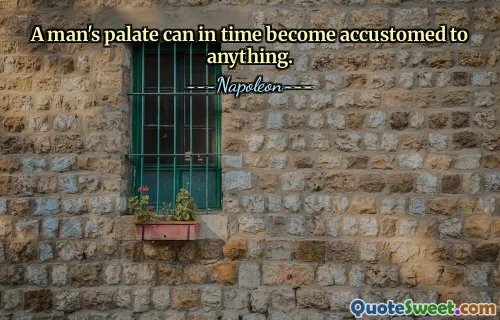I think "taste" is a social concept and not an artistic one. I'm willing to show good taste, if I can, in somebody else's living room, but our reading life is too short for a writer to be in any way polite. Since his words enter into another's brain in silence and intimacy, he should be as honest and explicit as we are with ourselves.
John Updike explores the idea that "taste" is more about social perceptions than artistic merit. He expresses a willingness to showcase good taste in social settings, such as someone's home, yet emphasizes that the brevity of our reading life requires writers to prioritize honesty and directness over politeness. He argues that because writing communicates intimately and silently with readers, it should reflect the same level of openness that we expect from ourselves.
In this context, Updike suggests that writers have a responsibility to be forthright in their expression. He implies that the connection between writer and reader should be based on authenticity, allowing for a deeper understanding of the work. This approach values sincerity and truthfulness as vital components of literary engagement, encouraging writers to convey their thoughts without the constraints of social niceties.
